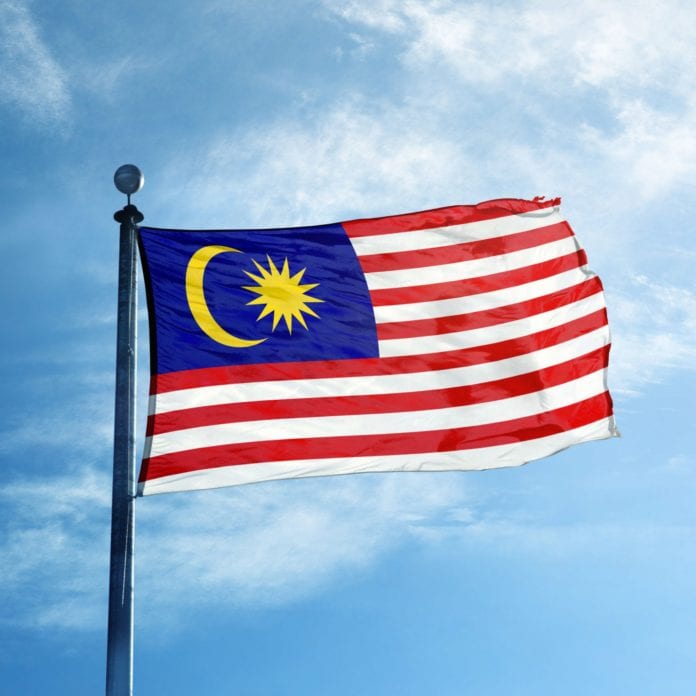DNB said its 5G network now extends to 61.2% of Malaysia’s populated areas
Malaysian telecommunications operator Maxis said it plans to offer 5G services via the 5G network currently being rolled out and operated by state-run entity Digital Nasional Berhad (DNB), local press reported.
“We will sign the access agreement, but coverage is still an issue, we still need to work together,” Maxis’ CEO Goh Siew Eng reportedly said. Communications and Digital Minister Fahmi Fadzil recently said he was confident that Maxis will sign an access agreement with DNB “very soon.”
The government’s 5G Task Force also said it was focusing on resolving DNB’s 5G access agreements with operators including Maxis, the only major carrier in the country yet to sign up. DNB’s network now extends to 61.2% of Malaysia’s populated areas.
Fahmi also said that approximately half of Malaysia’s mobile network operators will take part in the current DNB-led 5G network while the rest will use a second 5G network once the country switches to a dual network system in 2024.
Rival operator Axiata Group recently said it aims to take part in Malaysia’s second 5G network via its associate CelcomDigi.
The government of Malaysia recently announced it will enable the deployment of a second 5G network in 2024, amid concerns about pricing and competition with the current single state-run network. The government will create a new entity to manage Malaysia’s second 5G network.
Last year, former Prime Minister Muhyiddin Yassin had unveiled an initiative for a state-owned vehicle to own all 5G spectrum, with various carriers using the network infrastructure to provide 5G services across Malaysia via wholesale or MVNO arrangements.
However, Malaysia’s 5G roll-out by DNB had raised concerns over pricing and transparency, as well as worries that a single state-run 5G network would result in a nationalized monopoly.
Due to these concerns, the new prime minister, Anwar Ibrahim, had previously announced that it was reviewing the rollout of the national 5G network due to the lack of transparency, which led to a new scheme for 5G rollouts from next year.
DNB was set up by the finance ministry in 2021 as a special purpose vehicle to develop the country’s 5G network infrastructure, which private telecommunications firms would use to offer 5G services to their customers.
Following the government’s announcement to allow a second 5G network next year, CelcomDigi decided to terminate the respective agreements of its subsidiaries, Digi Telecommunications and Celcom Mobile, to acquire a 12.5% stake each in DNB.
Prior to that announcement, Digi and Celcom, as well as rival opeators YTL Communications and Telekom Malaysia Bhd had agreed to collectively take up a 65% stake in DNB.
The other two mobile network operators, Maxis and U Mobile, in contrast, chose not to participate in DNB’s ownership.
Malaysia’s Communications and Digital Minister Fahmi Fadzil recently said that DNB will continue to roll out 5G network infrastructure in the country until 80% coverage is achieved by the end of this year. The Malaysian government also confirmed that DNB will be taken over by a private entity once it achieves its 5G population coverage target.

